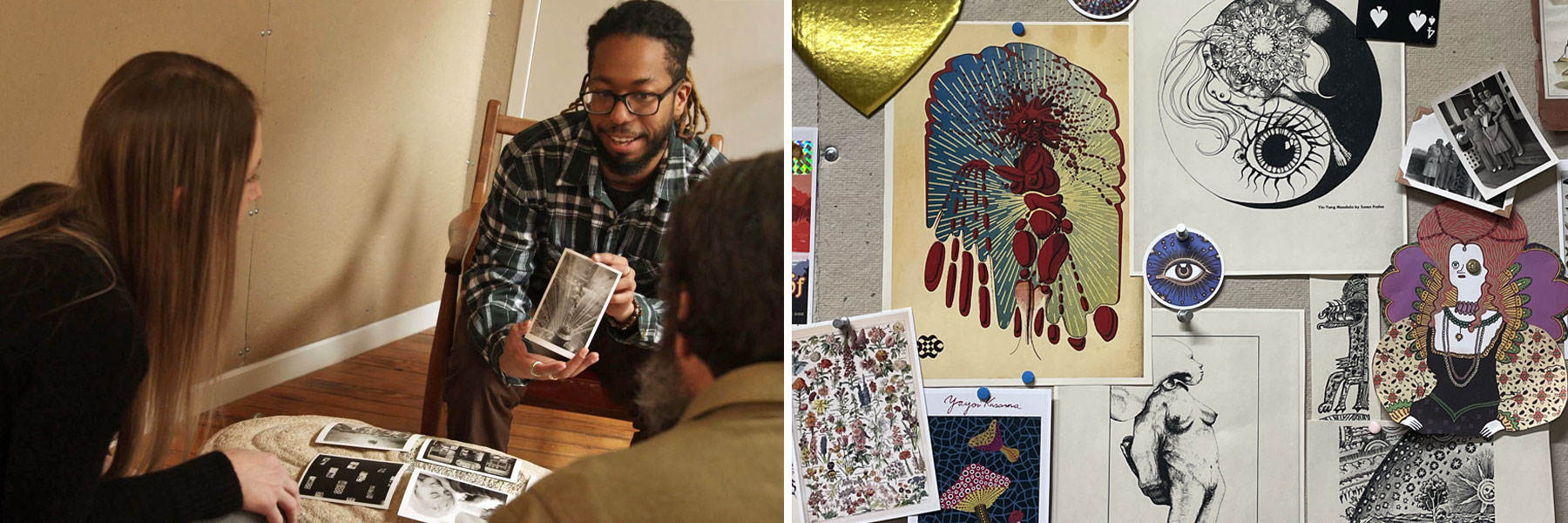From Plasticity to Playsticity
“Neuroplasticity” is the word many mental health professionals use to describe the positive effect of ketamine; a process in which the brain sort of loosens up to grow again, becoming flexible and open to new learning. (Children’s brains are highly plastic.) Plasticity is why researchers believe ketamine shows promise in helping individuals suffering from the more ruminative end of psychological suffering, what professionals typically diagnose as depression, anxiety, PTSD, and addiction. And it’s one reason why ketamine helps people in general, moving them from a sense of repetitiveness in their lives to a more expansive, awakened encounter with the world.
At Cardea, we believe that the idea of “neuroplasticity” is partly right. But we also think that the notion of plasticity is limited. Focused mostly on thinking, neuroplasticity misses the human element in ketamine care—what we experience when our minds are more open and flexible. Ketamine can help us feel life coursing through us and accelerate our awakening to the lives of other humans and living things.

We don’t always experience ourselves as alive and we don’t always appreciate the life in others. In fact, days can go by in which our lives feel deadened, closed-off, or empty. Luckily, there is a very human process that brings us to life and opens us to others, one in which psychedelics can aid us. This practice has been performed by our species since we first painted the walls of caves.
It’s play.
Think of a child playing with her toys and you’ll see just how serious this business of play is. While playing, a child becomes enrapt in her senses, focused, and “in flow,” all the while animating her toys, taking what is wooden and bringing it to life. She also feels deeply connected to the toy. The same is true in all kinds of adult encounters too: in good conversations, in collaborative work, cultural pursuits, artmaking, lovemaking, and just plain making, play brings us closer to ourselves and to others.
All our methods at Cardea aim to bring our guests into a state of play, since we think play is at the very root of change.
Play is the marrow of compassion, an essential element of cooperation and innovation, and it’s what we are doing when we contemplate. To play is to be liberated. In this, it’s a whole lot more than “fun.”
Read about what takes place during a Cardea Session


